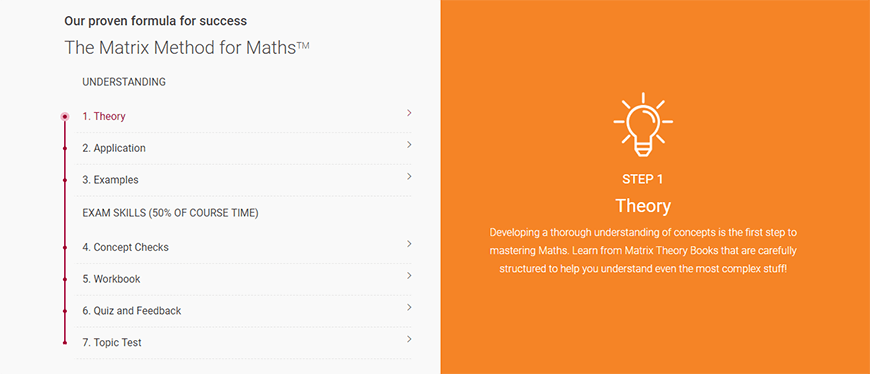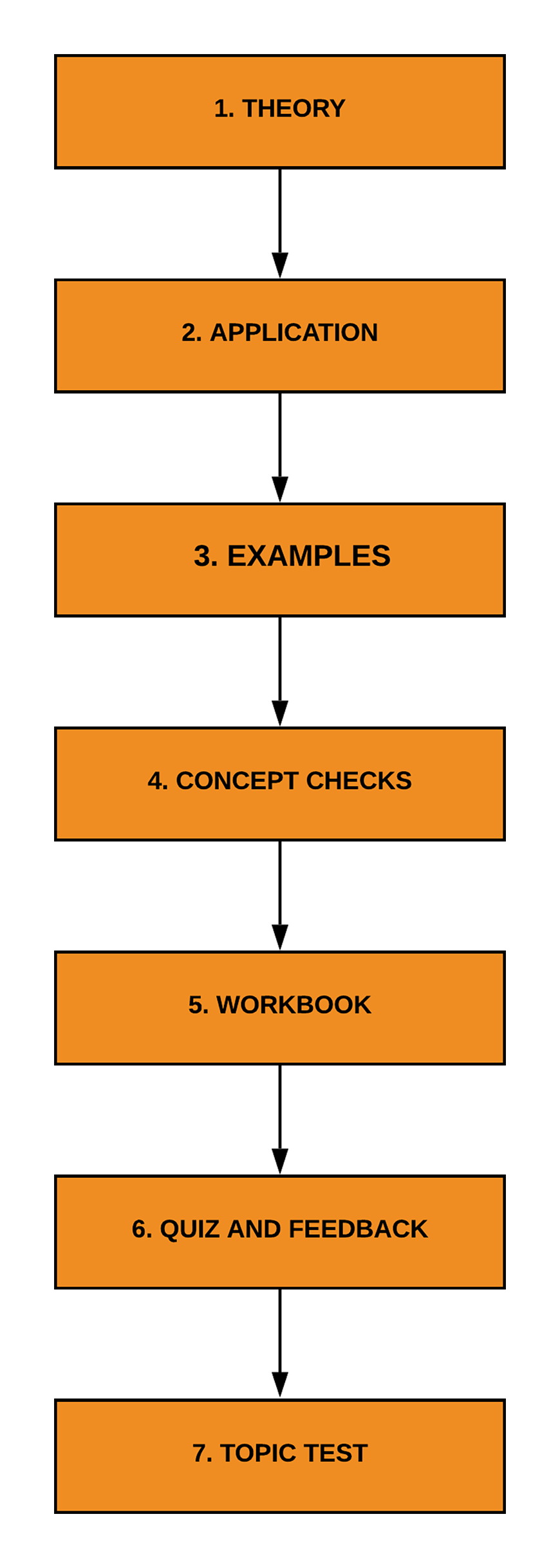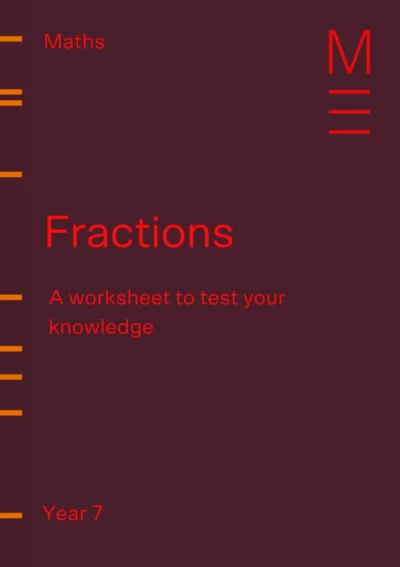Welcome to Matrix Education
To ensure we are showing you the most relevant content, please select your location below.
Select a year to see courses
Learn online or on-campus during the term or school holidays
Learn online or on-campus during the term or school holidays
Learn online or on-campus during the term or school holidays
Learn online or on-campus during the term or school holidays
Learn online or on-campus during the term or school holidays
Learn online or on-campus during the term or school holidays
Learn online or on-campus during the term or school holidays
Get HSC Trial exam ready in just a week
Get HSC exam ready in just a week
Select a year to see available courses
Science guides to help you get ahead
Science guides to help you get ahead

Once the excitement of starting High School wears off, students can find starting Year 7 Maths quite daunting. After all, Year 7 is an important year for Maths students as you learn all the foundations for the harder concepts you’ll need for Years 11 and 12.
Falling behind in Year 7, or failing to grasp the basics, will make it really difficult to catch back up to your classmates. This Beginner’s Guide to Year 7 Maths is your resource for staying on top.
We created The Beginner’s Guide to Year 7 Maths to help students learn and reinforce the core concepts they need to know for Year 7. Developing a strong understanding of the theory is the first step in our Matrix Method for MathsTM .

In this Guide, we will break down and guide you through the core concepts of Year 7 Maths:
Each article addresses the NESA Syllabus Outcomes for the subject. These can be found here on the NESA website (Years 7 & 8 are known as Stage 4).
There is a significant jump from Year 6 Maths to Year 7 Maths. Students may find it difficult to apply the concepts they learned in Year 6 to Year 7 because the level of Maths is much harder and the jump into High School can be unsettling.
Some common problems that students face are:
We’ve learned that many students struggle with Maths in Year 7 because they take the wrong approach to learning and study. Here are some of the reasons that students have difficulty:
If you can’t describe the process to do something, you don’t really understand it. This is especially true for Maths.
Mastering Maths is a systematic process that begins with understanding the theory of each concept.
We’ve helped thousands of students over the past 19 years by following this method:

In this guide, we’ll explain the theory in each article and then show you how to apply it.
We’ve provided some worked examples at the end of each article so that you can see the application of the theory.
You can also check your knowledge with checkpoint questions for each subject. These will let you test your skills.
So that you can check your skills and understand your mistakes, we’ve included the worked solutions.
If you want to improve your marks in Maths, you must be methodical in your approach. You’ll see improvements in your marks if you follow the step-by-step process for studying Maths.
At Matrix, we provide you with quality resources and clear, structured theory lessons taught by Maths experts. Learn more about our Year 7 Maths course now!
Does your child need a boost for High School Maths?
Develop their skills. Help their confidence. Learn from the best with our Year 7 Maths Term Course.
Now it is time to familiarise yourself with the content of this Guide. This is a resource that you should come back to consistently as you encounter the subjects at school during the year.
Let’s start with Fractions.
Test and sharpen your Maths skills with challenging questions! Fill out your details below to get this resource emailed to you. "*" indicates required fields
Download your free Year 7 Fractions worksheet

Download your free Year 7 Fractions worksheet
© Matrix Education and www.matrix.edu.au, 2025. Unauthorised use and/or duplication of this material without express and written permission from this site’s author and/or owner is strictly prohibited. Excerpts and links may be used, provided that full and clear credit is given to Matrix Education and www.matrix.edu.au with appropriate and specific direction to the original content.